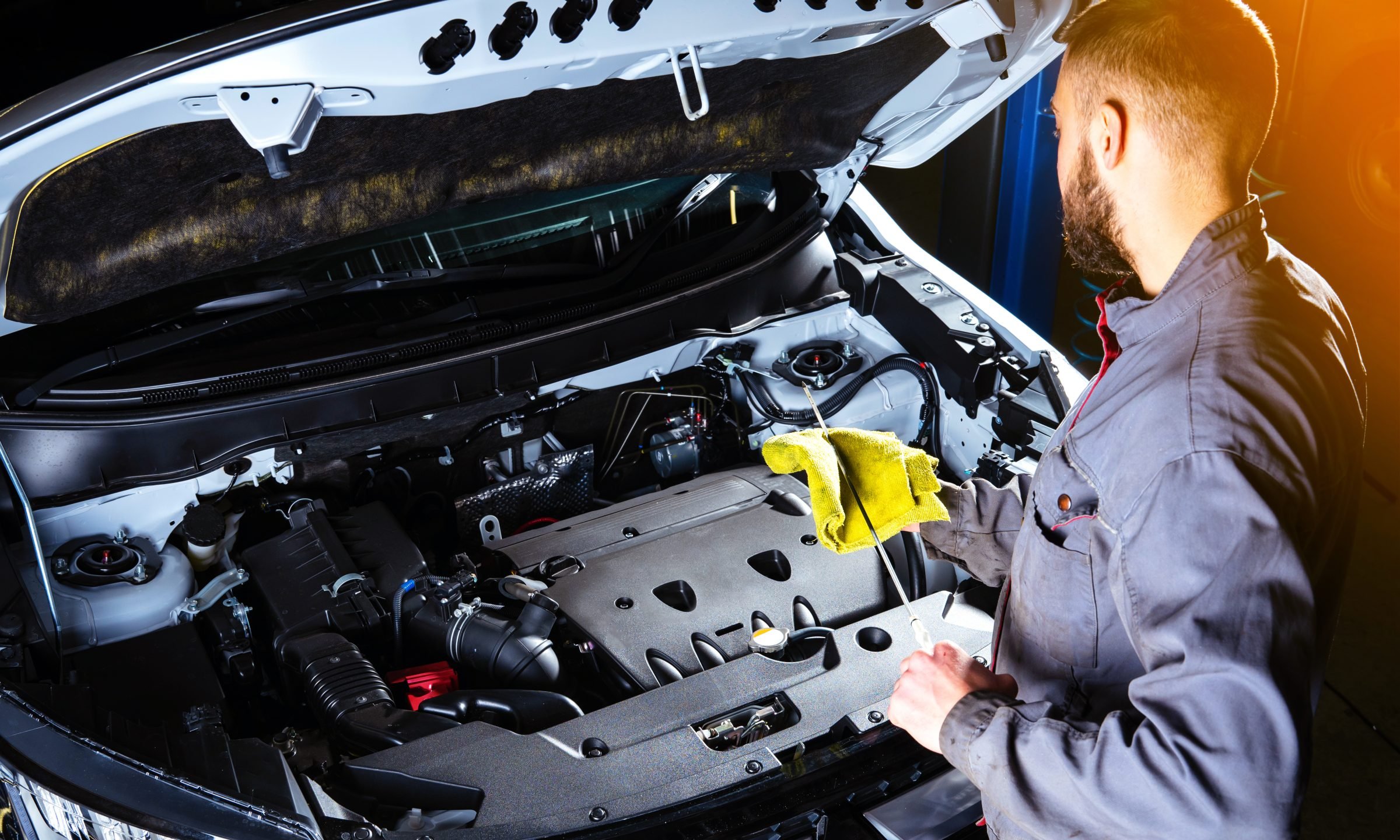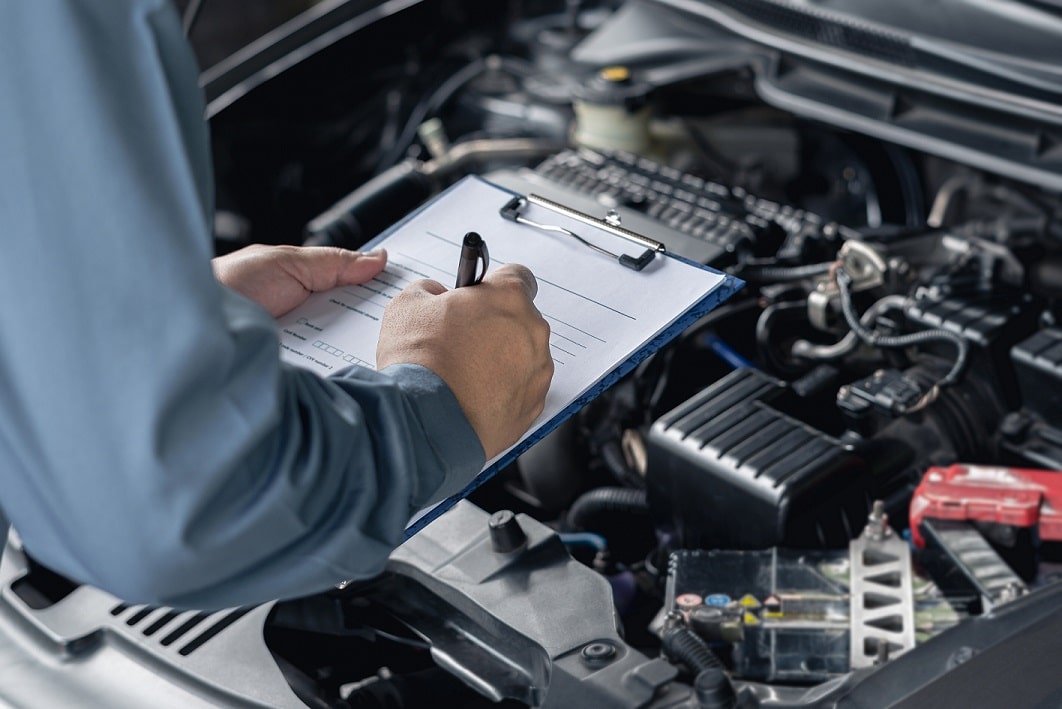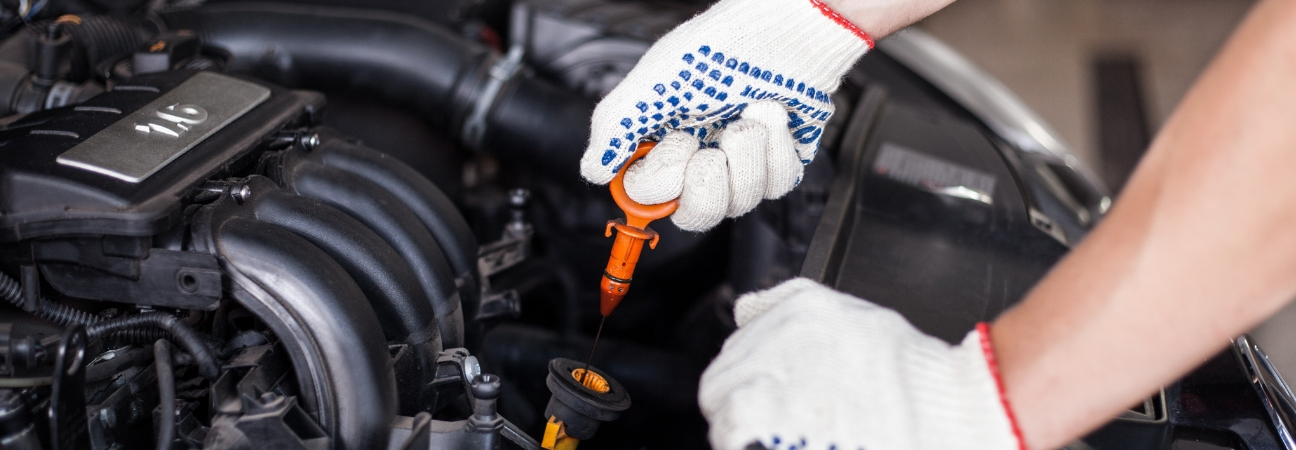All Categories
Featured
Passing an emissions test is essential for preserving your car's compliance with ecological regulations. While the process may seem challenging, a little preparation can go a lengthy means in ensuring a smooth experience. Below are some useful suggestions to aid your automobile pass its emissions test with flying colors.
Your automobile's efficiency depends greatly on normal upkeep. Tasks like oil changes, filter substitutes, and assessments of crucial engine components maintain your car running effectively. A well-maintained automobile is less most likely to generate excess emissions, boosting its opportunities of passing the examination.
A check engine light (CEL) is a warning during exhausts screening. If your CEL is lit up, it indicates that there's a concern with your car's discharges system. Utilize an OBD-II scanner to identify the trouble or speak with an expert auto mechanic to resolve it prior to arranging your test.
The catalytic converter plays a considerable duty in minimizing unsafe exhausts. Ensure it's working appropriately and hasn't been damaged or damaged. If your cars and truck's efficiency really feels off or if there are uncommon smells, the catalytic converter might need maintenance or replacement.
Premium gas can boost burning and reduce the build-up of carbon deposits in your engine. Before the test, consider making use of premium gas or a respectable fuel additive to cleanse your engine and maximize efficiency.
Prior to heading to the screening center, ensure your vehicle has actually been driven for at least 20 mins. A warmed-up engine runs a lot more effectively and creates fewer exhausts, raising the likelihood of passing the test.
![]()
A loose or faulty gas cap can cause gas vapor leaks, resulting in a stopped working emissions examination. Prior to the examination, examine the gas cap for splits or damage and ensure it's properly secured.
A clean air filter helps your engine breathe much better, improving its efficiency and lowering discharges. If your air filter hasn't been replaced just recently, consider doing so before the test.
![]()
While it might seem unconnected, tire stress effects your lorry's general efficiency. Reduced tire pressure can stress the engine and rise exhausts. Check and adjust your tire stress to match the maker's referrals.
![]()
If you're unsure about your lorry's readiness, take into consideration a pre-test assessment. Many repair stores supply analysis solutions to identify possible problems that could influence discharges testing.
Each jurisdiction has details exhausts criteria. Acquaint yourself with the requirements in your area to ensure your vehicle is certified prior to the test.
By following these tips, you can increase your opportunities of passing the discharges test and keep your vehicle running at its best. Not just will you save money and time, yet you'll additionally add to a cleaner and much healthier environment.
- Carry Out Routine Maintenance
Your automobile's efficiency depends greatly on normal upkeep. Tasks like oil changes, filter substitutes, and assessments of crucial engine components maintain your car running effectively. A well-maintained automobile is less most likely to generate excess emissions, boosting its opportunities of passing the examination.
- Inspect and Take Care Of the Examine Engine Light
A check engine light (CEL) is a warning during exhausts screening. If your CEL is lit up, it indicates that there's a concern with your car's discharges system. Utilize an OBD-II scanner to identify the trouble or speak with an expert auto mechanic to resolve it prior to arranging your test.
- Examine the Catalytic Converter
The catalytic converter plays a considerable duty in minimizing unsafe exhausts. Ensure it's working appropriately and hasn't been damaged or damaged. If your cars and truck's efficiency really feels off or if there are uncommon smells, the catalytic converter might need maintenance or replacement.
- Use High-Quality Gas
Premium gas can boost burning and reduce the build-up of carbon deposits in your engine. Before the test, consider making use of premium gas or a respectable fuel additive to cleanse your engine and maximize efficiency.
- Heat up Your Lorry
Prior to heading to the screening center, ensure your vehicle has actually been driven for at least 20 mins. A warmed-up engine runs a lot more effectively and creates fewer exhausts, raising the likelihood of passing the test.
- Check the Gas Cap

A loose or faulty gas cap can cause gas vapor leaks, resulting in a stopped working emissions examination. Prior to the examination, examine the gas cap for splits or damage and ensure it's properly secured.
- Replace the Air Filter
A clean air filter helps your engine breathe much better, improving its efficiency and lowering discharges. If your air filter hasn't been replaced just recently, consider doing so before the test.

- Guarantee Appropriate Tire Stress
While it might seem unconnected, tire stress effects your lorry's general efficiency. Reduced tire pressure can stress the engine and rise exhausts. Check and adjust your tire stress to match the maker's referrals.
- Run a Pre-Test Evaluation

If you're unsure about your lorry's readiness, take into consideration a pre-test assessment. Many repair stores supply analysis solutions to identify possible problems that could influence discharges testing.
- Understand Regional Needs
Each jurisdiction has details exhausts criteria. Acquaint yourself with the requirements in your area to ensure your vehicle is certified prior to the test.
By following these tips, you can increase your opportunities of passing the discharges test and keep your vehicle running at its best. Not just will you save money and time, yet you'll additionally add to a cleaner and much healthier environment.
Latest Posts
Don’t Miss Exclusive Auto Repair Offers in Chicago at Montclare Auto Repair
Published en
1 min read
Check Out the Best Auto Repair Offers in Montclare, Chicago
Published en
1 min read
Learn About Premier Auto Repair Care at Montclare Auto Repair – Expert Care for Your Vehicle
Published en
1 min read
More
Latest Posts
Don’t Miss Exclusive Auto Repair Offers in Chicago at Montclare Auto Repair
Published May 25, 25
1 min read
Check Out the Best Auto Repair Offers in Montclare, Chicago
Published May 24, 25
1 min read
Learn About Premier Auto Repair Care at Montclare Auto Repair – Expert Care for Your Vehicle
Published May 24, 25
1 min read